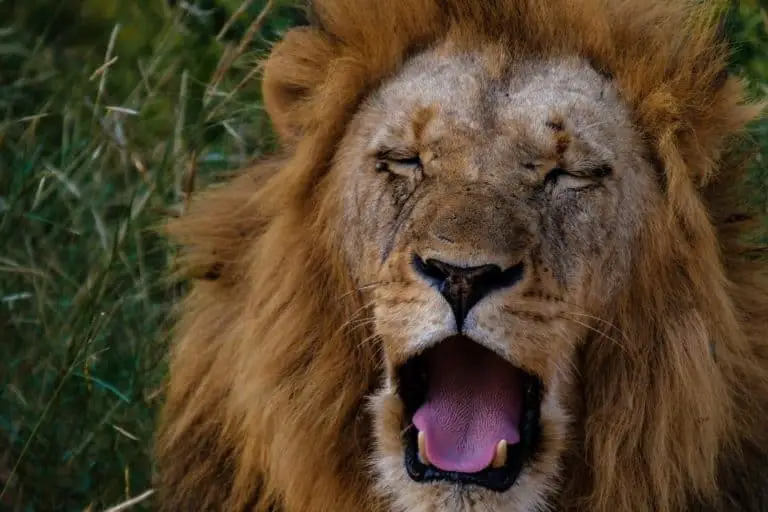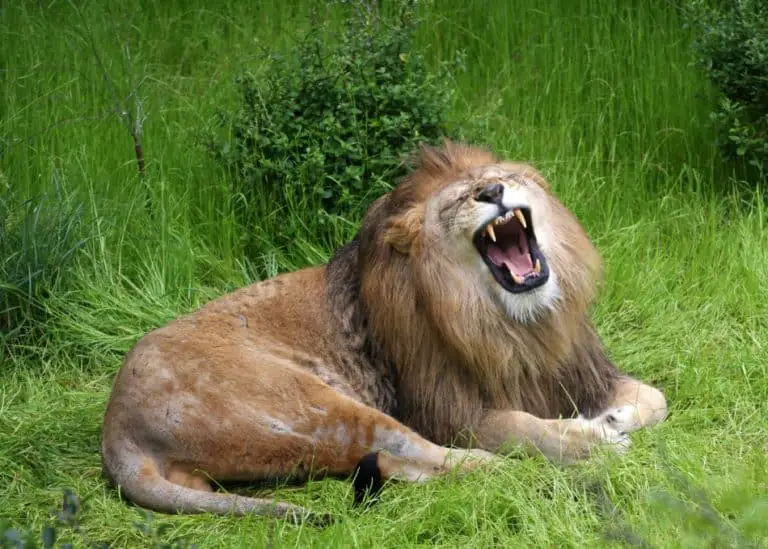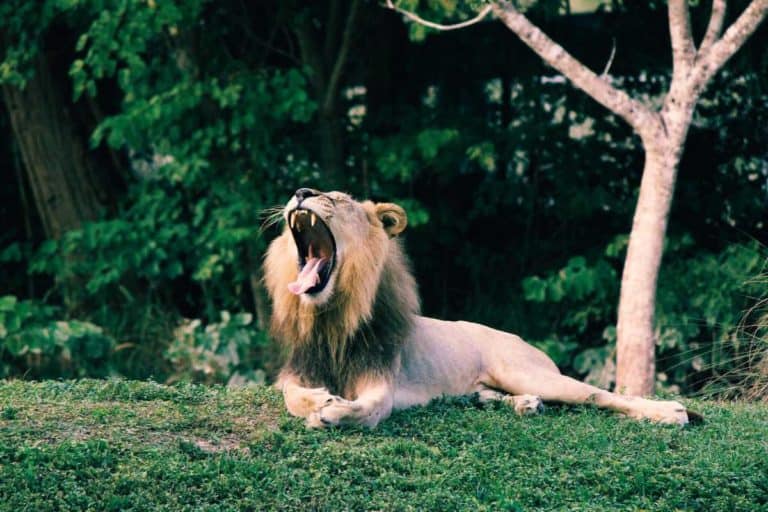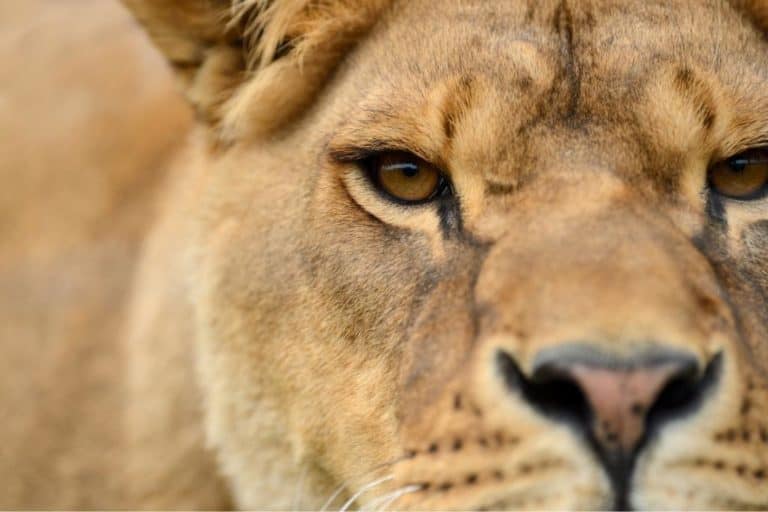Do Lions Eat Leopards? Myth or Fact?
As predators, lions and leopards have a long, complicated history. Do lions eat leopards? Do leopards scare lions? Do leopard cubs get eaten by lions? Let’s look at the relationship between these carnivores to see if there is any truth to the rumors.
The lion and the leopard are two of the most famous predators in the world. They have a long, complicated history, which has led to many rumors about what they eat and how they interact.
While it is true that the two species occasionally compete for food, they also have a symbiotic relationship in which they help to keep each other’s populations in check.
While lion cubs are occasionally killed by leopards, this is more likely to occur when there are too many lions in an area and insufficient food.
In other words, while conflict between lions and leopards is not entirely unheard of, it is usually not as severe as many think.
What do lions and leopards eat in the wild?
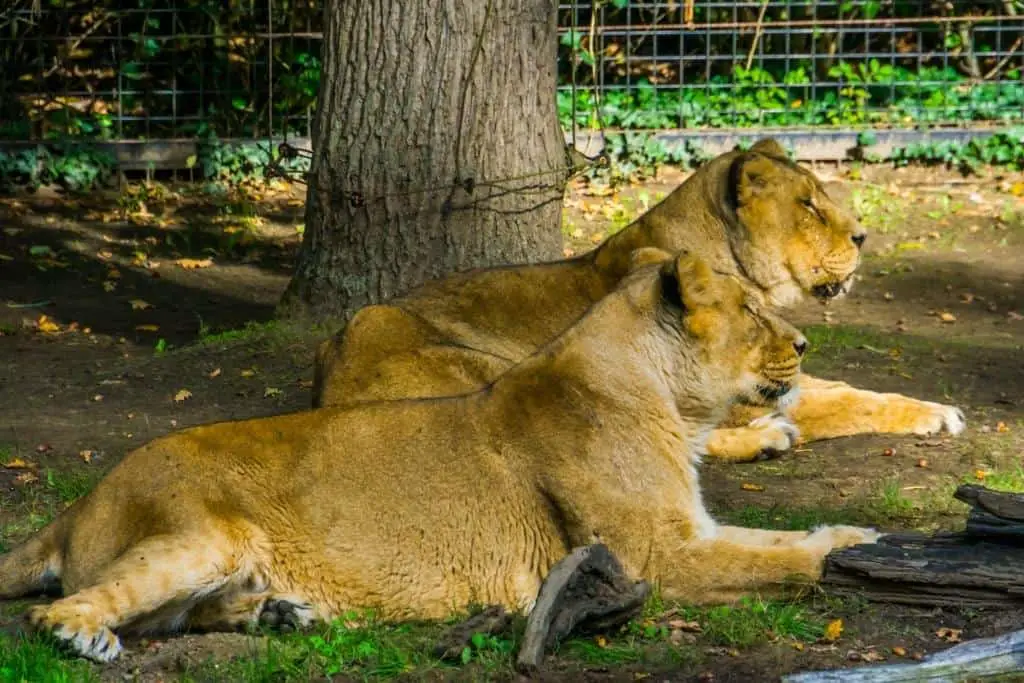
Both species are carnivores, meaning their diet consists mainly of meat. In the wild, lions typically hunt for antelope, zebra, and wildebeest. They will also eat smaller prey like rodents and reptiles.
Leopards hunt smaller prey than lions, such as rabbits, monkeys, and birds. However, they will also eat larger prey if they can take it down.
In addition to hunting their own prey, lions and leopards will also scavenge for food. This means that they will eat dead animals that they find. Regarding their diet, lions and leopards are both true carnivores.
Do lions and leopards prey on each other in the wild?
In the animal kingdom, a few well-known examples of predators prey on other predators. For instance, tigers sometimes hunt and eat bears, and killer whales have been known to feast on sharks.
However, there is no evidence that these two big cats prey on each other in the wild when it comes to lions and leopards do. In fact, they typically avoid conflict and stick to their own territories.
That’s not to say that interactions between lions and leopards never happen; they are both apex predators. However, such encounters are usually characterized by intimidation and posturing rather than actual fighting or hunting.
So while it’s certainly possible for a lion or leopard to kill and eat another big cat, it’s not something that often happens in the wild.
How do lions and leopards interact in captivity environments (zoos, etc.)?
If you’ve ever been to a zoo, you’ve probably seen lions and leopards living in the same enclosure. While it might seem like these two big cats would be natural enemies, they often get along quite well in captivity.
Of course, there are always exceptions to the rule, but for the most part, lion and leopard interactions are relatively peaceful.
Interestingly, while lions and leopards share many similarities, they also have some notable differences:
- Lions and leopards are members of the family Felidae, which includes all species of cats.
- Lions and leopards are apex predators, meaning they sit at the top of their food chain.
- Lions are typically larger than leopards, with males weighing up to 570 pounds and females weighing 400 pounds.
- Leopards, on the other hand, usually weigh between 80 and 165 pounds.
- Lions live in social groups called prides, while leopards are solitary animals.
In addition, lions are more aggressive than leopards, which can sometimes lead to conflict between the two species.
However, these differences generally don’t outweigh the similarities, so they are often seen living together peacefully in captivity.
Do Lions Eat Leopards?
The quick answer is that it depends on what you mean by “eating.” Lions typically scavenge meat, but they will also hunt prey if available.
Leopards are not typically hunted by lions because they are too fast for the more giant cats to catch, but leopard meat is sometimes eaten if available.
Leopards scare lions away from their prey, so it is not likely that leopard cubs will get eaten by lions.
There is no evidence that lions consume leopards. However, the amount of this diet is unknown. However, the extent of this diet is unknown.
Why do lions don’t eat leopards?
As the top predators in many African ecosystems, lions typically prey on large mammals such as antelopes, zebras, and buffalos.
Leopards, however, are a different story. Lions typically avoid eating leopards because they are both fast and agile. It appears that they have no incentive to do so.
Instead, lions and leopards have reached a truce, coexisting in the same habitats without preying on each other.
Do Leopards Scare Lions?
It’s a tricky question to answer because it depends on the situation. If a lion is feeling territorial or threatened by a leopard, then yes, the leopard can be dangerous.
However, if the two animals just mind their business, the lion probably isn’t too worried about the leopard. Lions are the most significant big cats, so they’re used to being at the top of the food chain.
Leopards, on the other hand, are smaller and typically eat deer and antelopes. So while lions may be the top predator in Africa, they cannot consistently beat a leopard in a physical confrontation.
Do lions kill leopards?
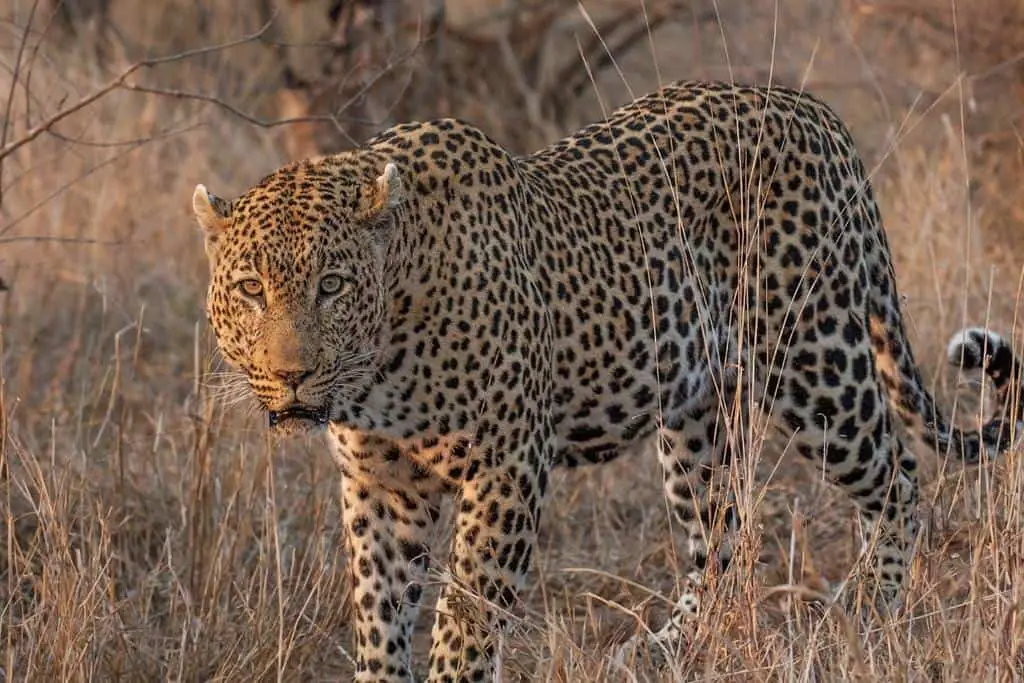
While it’s true that lions and leopards are closely related, they are also natural predators. In the wild, lions have been known to hunt and kill leopards. There are several reasons why this might occur.
First, lions are significantly larger than leopards and have a much greater capacity to take down large prey. Second, lions typically live in groups, which gives them a strategic advantage when hunting.
Third, lions are more aggressive than leopards and are more likely to initiate a fight. For these reasons, it is not surprising that lions occasionally kill leopards.
Do lions eat leopard cubs?
Many people think that lions eat just about anything, but that’s not the case.
For the most part, lions are pretty selective about what they eat. They are carnivores, but they typically prefer to prey on medium to large animals.
That being said, there are occasions when lions resort to eating smaller prey, such as leopard cubs. However, this is usually only done out of desperation, such as when food is scarce.
So while it’s not unheard of for a lion to eat a leopard cub, it’s certainly not something that they would do regularly.
What Is The Relationship Between Lions And Leopards?
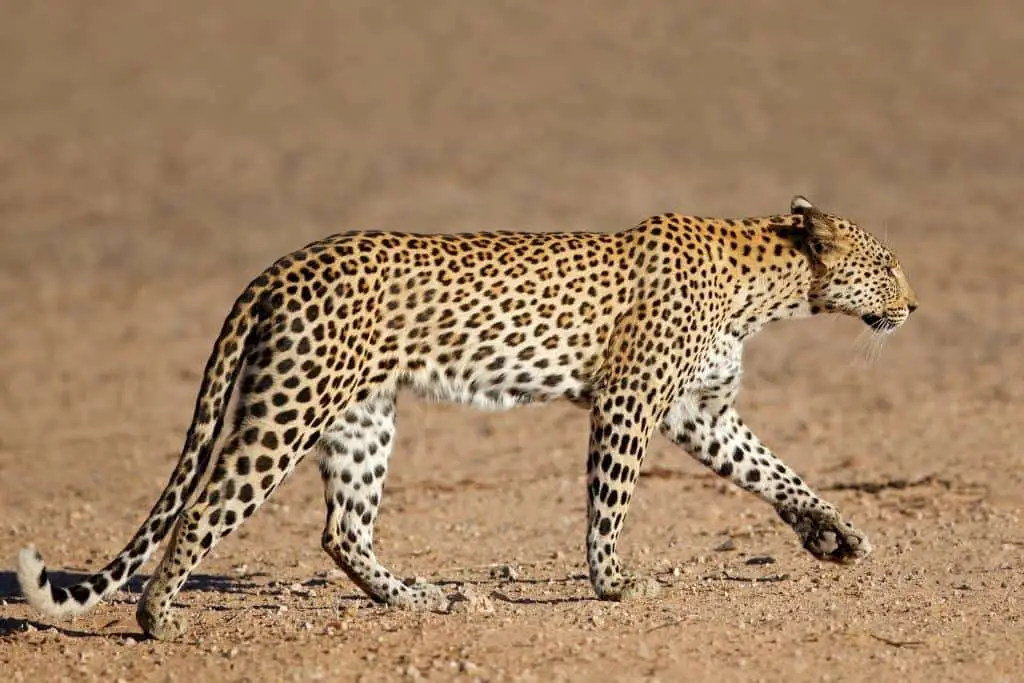
The relationship between lions and leopards is an interesting one. In 91% of their extant range, these two big cats are sympatric, meaning they live in the same area. This often leads to conflict, as both species compete for the same resources.
However, there are also instances of cooperation between the two species. For example, lions sometimes drive the animal toward a waiting leopard when hunting prey.
This strategy allows both cats to take down larger prey than they could on their own. While the relationship between lions and leopards can be contentious, there is also evidence of cooperation between these two magnificent creatures.
A new study has found that lions have little impact on the overall population of leopards. The study in South Africa found that the population is unaffected while individual leopards may be at risk from lions.
In fact, the study found that lions actually had no effect on leopards’ spatial or temporal dynamics. This is good news for conservationists, as it means that lions are not at risk of being wiped out.
However, it is essential to note that this study was conducted in a protected area; leopard populations may be more vulnerable to lion predation outside of such regions.
What animal can kill leopards other than lions?
In Africa, hyenas and painted dogs may kill leopards; in Asia, a tiger may do so.
Leopards are faster and more agile than hyenas and dogs, but they are no match for the strength and size of a tiger. A single tiger can take down a fully grown leopard with ease.
Tigers typically avoid confrontation with leopards, but if they are cornered, they will fight back fiercely.
Any animal large enough to overpower a leopard could potentially kill one. This includes other big cats, such as lions and tigers. Bears, crocodiles, and pythons may also be capable of killing a leopard, depending on the size of the animal.
